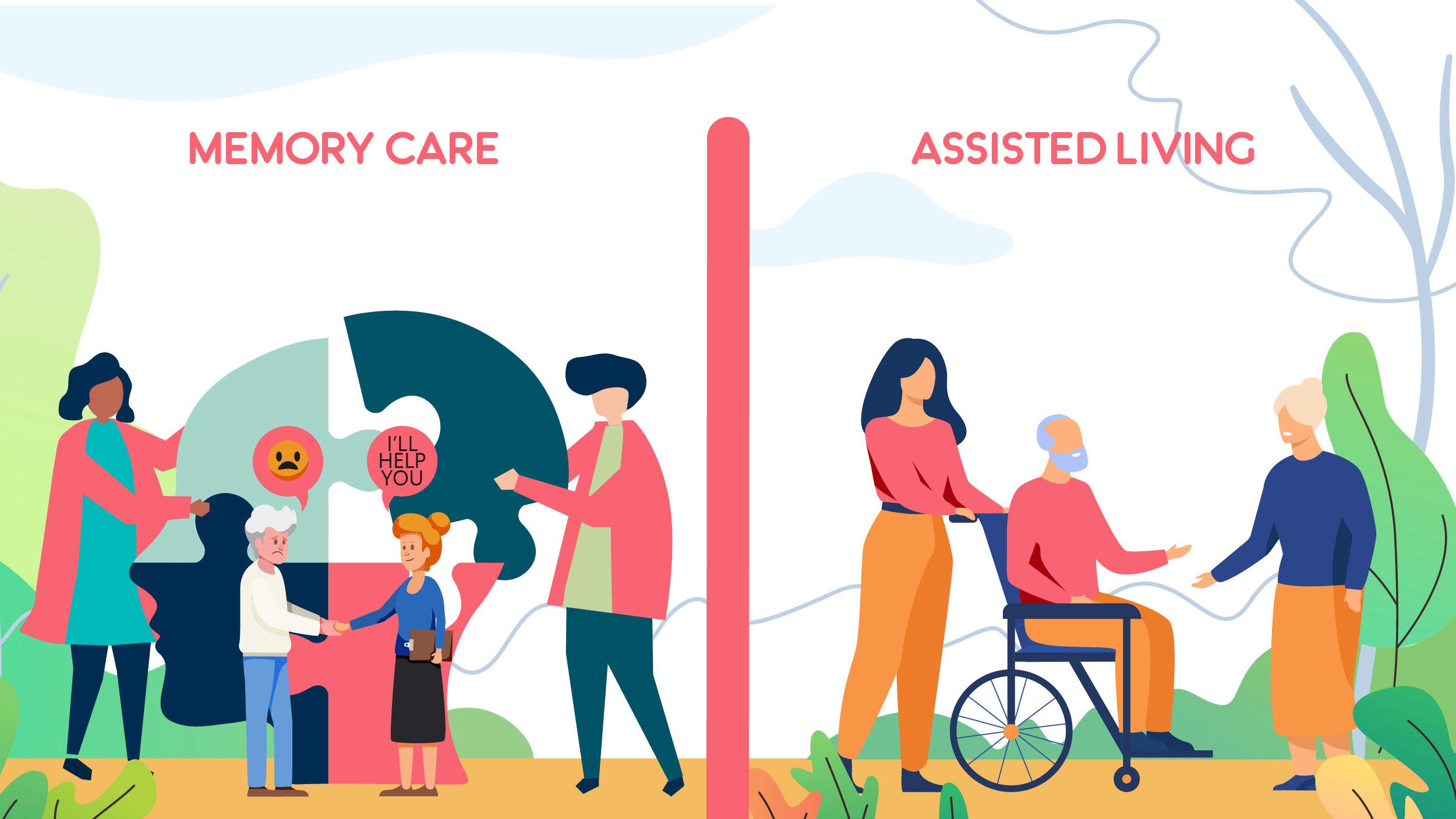Family-Oriented Facilities Offering Personalized Alzheimers Care Charlotte
Family-Oriented Facilities Offering Personalized Alzheimers Care Charlotte
Blog Article
Producing a Safe and Supportive Setting for Alzheimer's Treatment
The development of a supportive and safe environment for individuals with Alzheimer's is vital in boosting their high quality of life. Discovering these complex approaches can reveal vital understandings right into reliable caregiving strategies that may transform the daily experiences of both caregivers and clients.
Comprehending Alzheimer's Requirements
Often, individuals with Alzheimer's illness show a variety of requirements that call for customized methods to care. As the condition progresses, cognitive decrease manifests in various means, impacting memory, reasoning, and even the capability to do day-to-day tasks. Caretakers need to identify these developing needs to offer ideal assistance and make certain a greater high quality of life for those affected.
One essential facet of recognizing Alzheimer's requirements is identifying the significance of routine and familiarity. Individuals typically discover convenience in well established patterns, which can decrease anxiety and complication. Caretakers should make every effort to develop organized everyday schedules that integrate purposeful tasks lined up with the person's rate of interests and capabilities.
In addition, effective interaction is extremely important. Individuals with Alzheimer's may struggle to share themselves or comprehend complicated language. Caretakers ought to use easy, clear language, use non-verbal cues, and method active listening to cultivate understanding and connection.
Last but not least, social and psychological needs can not be forgotten. Supplying opportunities for social communication and maintaining connections can considerably enhance emotional health. Caretakers need to encourage interaction in neighborhood activities or family members celebrations, promoting a sense of belonging and objective. Understanding these varied demands is important for developing an encouraging care atmosphere.
Creating a Safe Home
Creating a risk-free home for people with Alzheimer's disease is important to promoting and lessening risks independence. The design of the space should focus on safety while allowing for individual convenience. Initially, eliminate prospective hazards such as loose carpets, sharp objects, and mess, which can cause falls or mishaps. Make sure that pathways are clear and well-lit, as appropriate lighting lowers disorientation and improves flexibility.
Incorporating flexible functions is additionally essential. Install grab bars in bathrooms and near staircases, and think about making use of non-slip mats in damp areas. In addition, making use of contrasting shades for floorings and walls can help in differentiating rooms, aiding to alleviate confusion.
Knowledge is very important for people with Alzheimer's. Customizing the environment with acquainted objects and photos can reinforce a feeling of belonging and security - Alzheimers Care Charlotte. It is likewise beneficial to have actually a marked location for everyday activities, such as analysis or crafting, which can give framework to their day
Lastly, executing a safe exterior space permits for safe exploration while getting in touch with nature. By attentively developing the home environment, caregivers can dramatically enhance the lifestyle for people living with Alzheimer's illness.
Enhancing Interaction Skills

Non-verbal communication, including faces, motions, and touch, plays an essential function in conveying empathy and understanding. Preserving eye call and a calm demeanor can improve the find more information convenience level of the individual, promoting a feeling of safety.
Moreover, it is essential to exercise active listening. This includes being totally present, showing patience, and enabling the person to reveal themselves without disruption. Rep might be required; caretakers should be prepared to take another look at inquiries or topics, as individuals with Alzheimer's might fight with memory recall.
In addition, utilizing visual help or hints, such as photos or acquainted objects, can facilitate acknowledgment and involvement. Inevitably, improving interaction skills has to do with developing trust and developing an atmosphere where people feel listened to, valued, and comprehended, thereby improving their lifestyle.
Encouraging Social Communication
Promoting meaningful social communications can substantially improve the health of people with Alzheimer's illness. Involving with others not just assists combat sensations of seclusion however also promotes cognitive function and emotional wellness. Structured social activities, such as team games, crafts and arts, or songs treatment, create chances for homeowners to connect with peers and caregivers, which can cause boosted mood and reduced anxiety.
Producing a welcoming setting that urges socialization is important. This can be achieved by arranging common areas that assist in interaction, such as comfy seating areas or task spaces. Furthermore, including culturally pertinent and acquainted tasks can encourage and stimulate memories involvement, allowing individuals with Alzheimer's to feel more connected to their past experiences.
In addition, caretakers need to be trained to recognize and advertise social interaction among homeowners. By prioritizing social communication, we can dramatically improve the lives of those living with Alzheimer's, cultivating a feeling of community and belonging.
Supporting Caregiver Health

To support caretakers, organizations must supply regular training and academic resources to boost their understanding of Alzheimer's illness and caregiving strategies. Supplying access to break care services enables caretakers to take essential breaks, reducing stress and anxiety and fatigue - Alzheimers Care Charlotte. In addition, promoting a neighborhood with support system can help with emotional sharing and the exchange of useful suggestions among caregivers, creating a network of mutual support
Mental health resources, such as counseling services, can likewise be important in resolving the psychological toll caregiving can take. By focusing on caretaker wellness, we develop a more sustainable caregiving atmosphere that not only profits the caretakers themselves yet also enhances the overall top quality of treatment obtained by individuals with Alzheimer's. Eventually, supporting caretakers is an important element in promoting a caring and effective care setup.
Verdict
Finally, the development of a supportive and safe setting for people with Alzheimer's is vital to enhancing their lifestyle. By focusing on safety and security with thoughtful layout, cultivating emotional well-being with familiar components, and promoting interaction with structured regimens, caregivers can considerably impact the general experience of those impacted by this condition. Supporting caretaker wellness is critical, as it inevitably adds to a much more reliable and compassionate treatment setting.
Repeating may be essential; caregivers should be prepared his comment is here to review questions or subjects, as individuals with Alzheimer's might have a hard time with memory recall.

Report this page